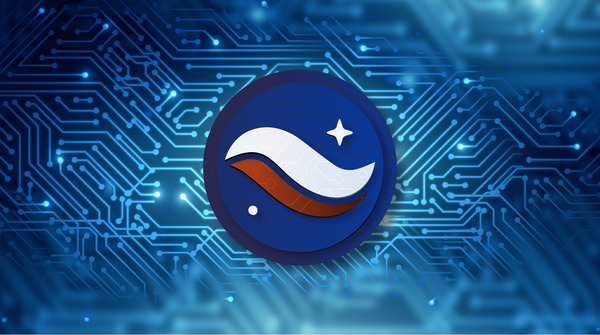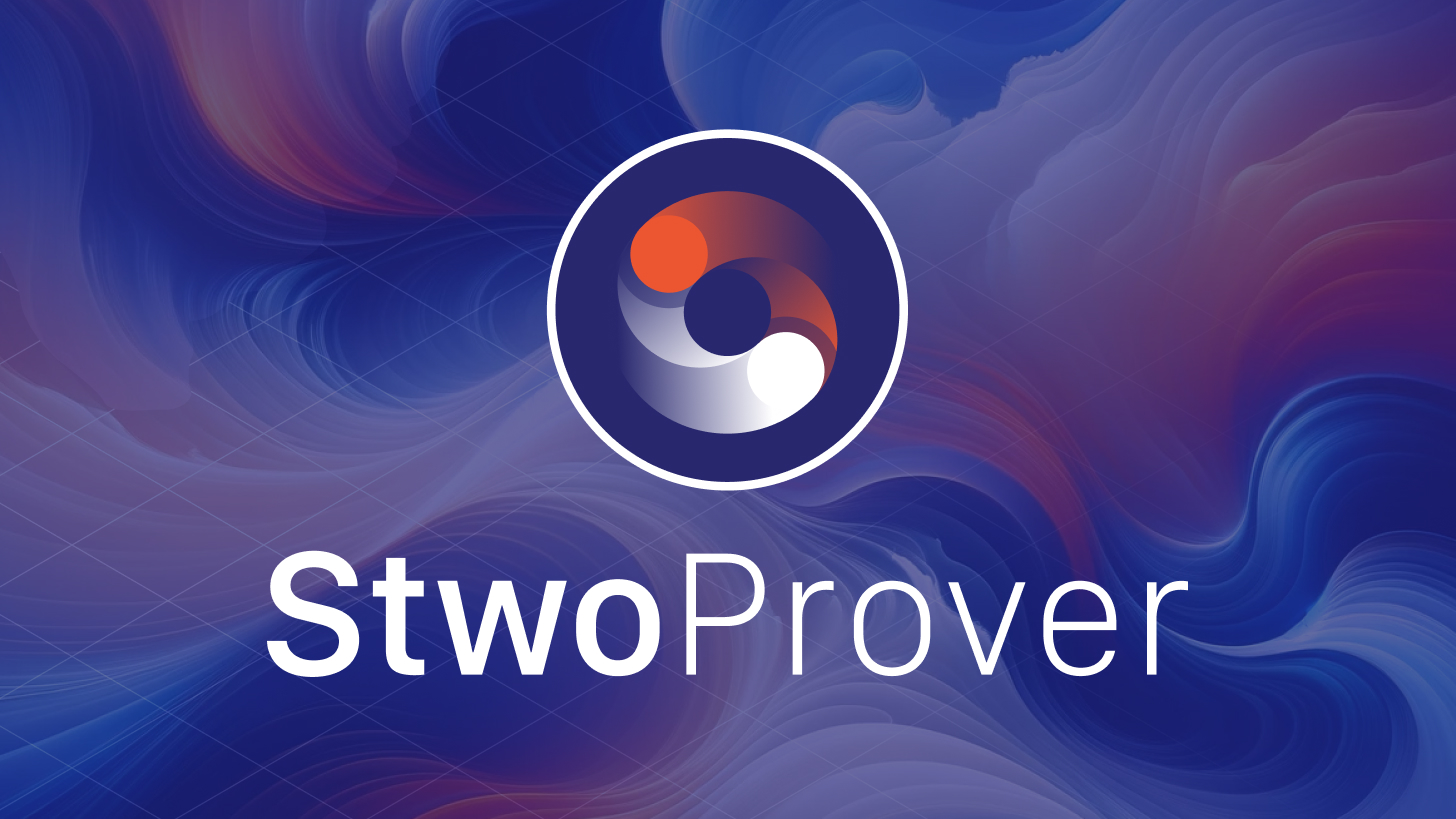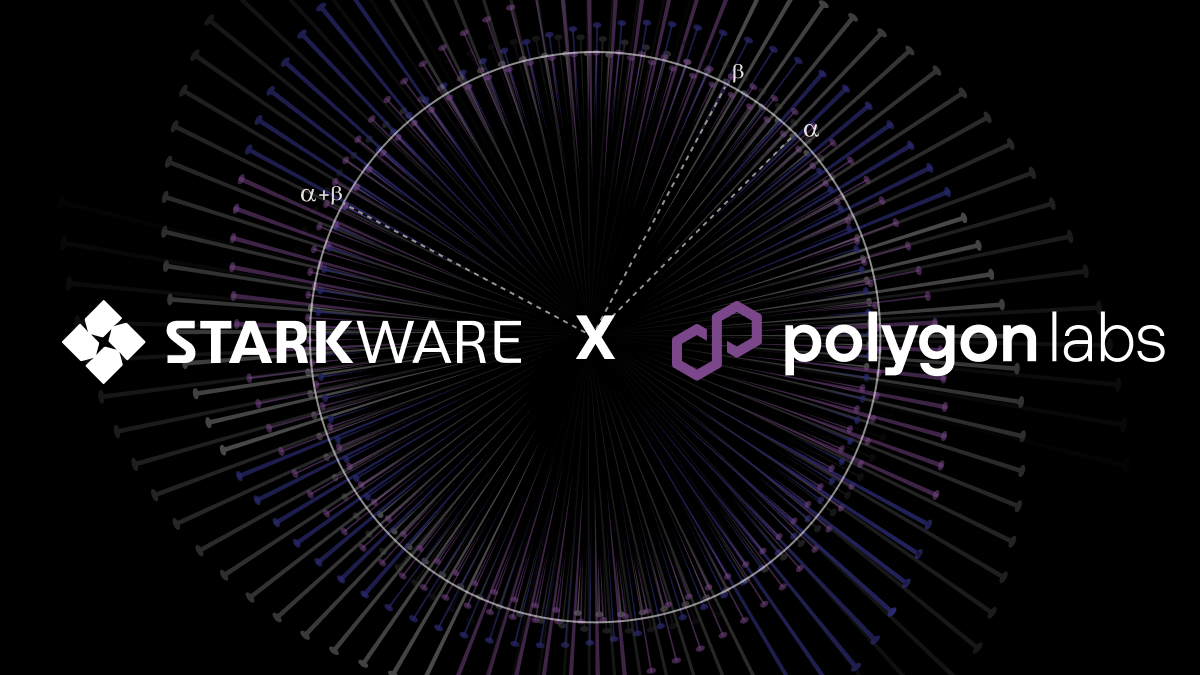Another Step in Starknet Decentralization
TL;DR
- The Starknet Token (STRK) is now deployed on Ethereum Mainnet
- Beware of scams! Starknet Tokens are not offered for sale
- It will take time for the Foundation to determine the mechanism for distributing its tokens
- Tokens held by StarkWare shareholders, employees and by independent partner software developers are locked for a four year period, with a gradual release starting after one year
- The token will further Starknet’s decentralization thanks to its use for voting, staking and paying fees
Today, Starknet is taking another step towards decentralization. The Starknet token is now on Ethereum. Recapping quickly: STRK will be used as a staking token for participation in Starknet’s consensus mechanisms, as a Governance token, and for paying transaction fees. The rationale for each of these utilities is presented in our decentralization proposal, in the section titled “What will the tokens be used for?”
Beware of scams: at time of writing there is no way to purchase Starknet Tokens; this no-sale period will remain in place until further notice by the Starknet Foundation; follow official communication from the Starknet Foundation to learn of any updates to the status of STRK. You can report scams and check for other reports of scams in the scam-report channel on the Starknet Discord server.
This post explains the token allocation process, and how the deployed token contracts serve two of the token’s three designed utilities, namely, voting and staking. The third utility — paying Starknet fees — will be discussed at a later time.
Planning the Token Allocation Process
We’ve previously proposed a plan for initial allocation of the tokens. Tokens allocated to shareholders, employees, and independent software developers are locked for four years, with a gradual release schedule starting after one-year. Locked tokens can be used for voting and staking, but cannot be transferred or traded. Some of the tokens are locked via a dedicated smart contract on Ethereum while other tokens are locked via custodians.
Separately, 50.1% of the existing Starknet tokens are allocated to the Starknet Foundation, to be used to meet its goals (cf. StarkWare’s post). These tokens are not locked. However, the Foundation will need time to formulate the exact mechanism to further allocate those tokens and will share its plans in due time.
Why Lockup?
Locking the tokens for the aforementioned period ensures that current contributors align with the long-term incentives of Starknet. It also discourages speculation over the token in advance of widespread usage for its intended purposes: securing the network, paying fees, and decentralizing governance.
Next, we explain how the token implementation supports voting and staking.
Voting
The Foundation will be in charge of facilitating sound governance and formulating the voting mechanisms. The Starknet Token was designed to allow both direct voting and a range of delegation mechanisms.
L1 Voting
The ERC-20 implementation deployed now includes optional use of Compound’s delegation module. This module is widely used for on-chain voting. The reason it’s optional on Starknet, and turned-off by default, is cost consideration. Turning it on means that every transfer of the Starknet Tokens on L1 requires extra gas needed solely for the purpose of tracking shifts in voting power.
Non-L1 Voting
Alternatives to L1 on-chain voting with Compound’s delegation module include off-chain voting, as well as Starknet-based on-chain voting systems (such as SnapshotX). These alternatives, which significantly reduce gas consumption for L1 transfers, don’t require explicit support from the ERC-20 code currently deployed, and are thus inherently supported.
As mentioned above, all tokens — locked and unlocked — will be usable in Starknet’s voting mechanism.
Staking
Starknet’s permissionless and censorship-resistant operation requires random selection of sequencers. The probability of a node being selected to sequence and propose a block is proportional to the number of StarkNet Tokens that node stakes. The rationale for using Starknet Tokens (rather than, say, Ethereum or Bitcoin) is explained in the governance proposal, and the exact details of staking, sequencing and block creation on Starknet are under ongoing discussion by the community, and are yet to be finalized.
As with voting, tokens can be used for staking even when they are locked. This contributes to the diversity of the Starknet operators and to the resilience of Starknet.
Summary
The deployment of the Starknet Token contracts on Ethereum is another step in Starknet decentralization.
We urge developers and users to be wary of scams! At time of publication, no tokens are tradable, and this no-trade status will remain in place until further notice by the Starknet Foundation.
For more questions you can go to the Token-discussions channel on the Starknet Discord server.



